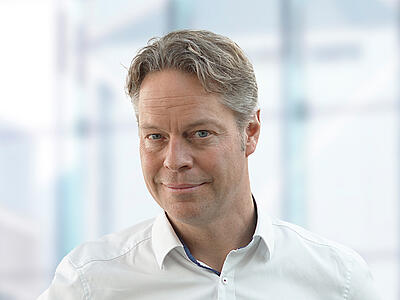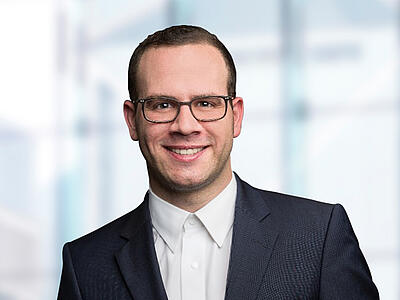- November 6-8, 2024
- We are also happy to conduct the PLM compact course in-house for you
Please register via Fraunhofer IEM
- 3-day virtual compact course
- Course language: German
- Price: 1.990,-€ (0% VAT - tax-free according to § 4 Nr. 22a UStG)
- Dates & formats:
- 06.11. - 08.11.24 (presence)
The course is aimed at recent graduates, career changers, service providers, consultants or experienced employees of all industries and companies who are involved in the development, production planning or production of technical products, but have no or only limited experience in the field of PLM. This course provides the basics for understanding PLM. Previous knowledge is not required for this course.


![[Translate to English:] [Translate to English:]](/fileadmin/_processed_/f/f/csm_DSC08724_10f02ec2c4.webp)




